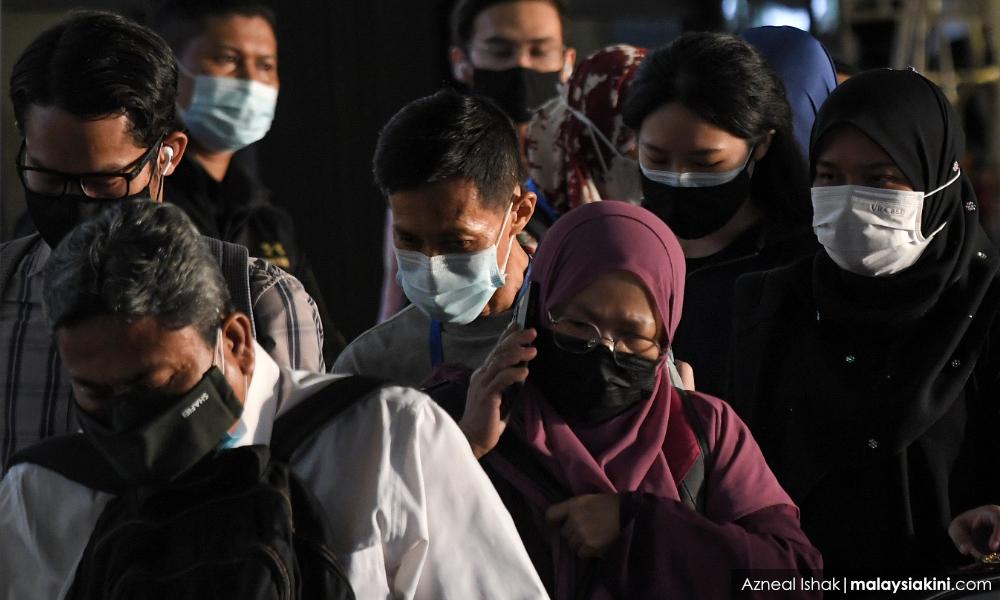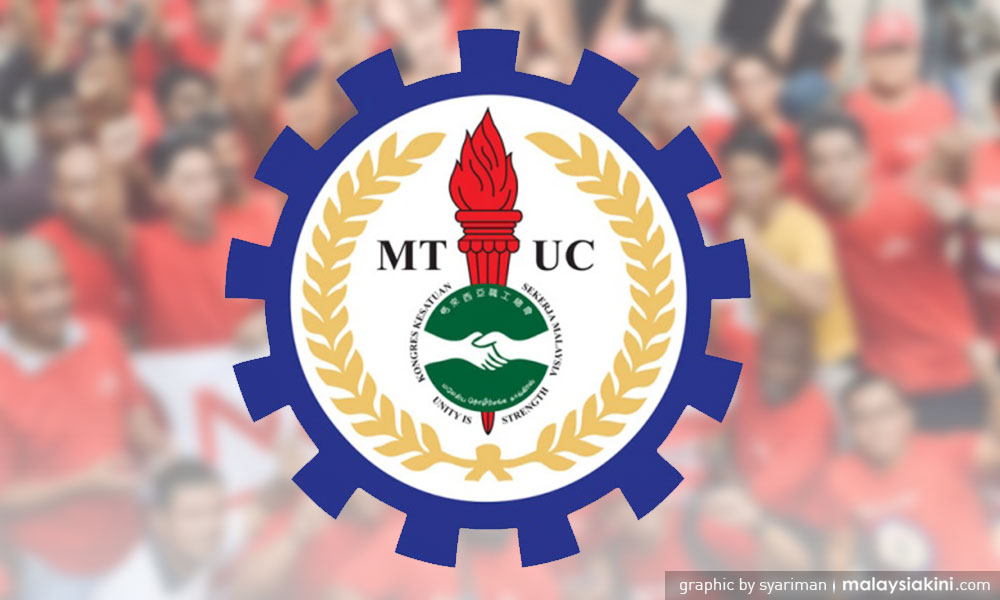LETTER | New wage policy flawed from the outset
LETTER | The announcement by Human Resources Minister V Sivakumar that the minimum wage of RM1,500 would be retained at that level under the policy framework of the soon-to-be-introduced progressive wage system is flawed at many levels.
Even without knowing the details of the model or system to be introduced, it is evident that the Human Resources ministry has fallen prey to the predatory practices of the business community in the country.
This is despite the government stating on multiple occasions that it recognises the impact of the cost of living crisis on the B40 and M40 communities.
It would seem that the plot of businesses, particularly big businesses, have managed to persuade the government to continue with the exploitative employment system in the country.
This has directly contributed to an unsustainable and growing wealth and income inequality.
The minister's statement was positioned as though a favour is being done for workers in the country by not lowering the minimum wage.
That statement is in itself an insult to workers.

Decent income
Can the minister come out and state what the difference between the minimum wage and decent income level in the country is today?
In 2018, Bank Negara stated that the decent income of a single adult to participate meaningfully in society was RM2,700 per month.
The fact that Bank Negara has not updated and revised its study since 2018 points to government institutions being party to the institutionalised oppression of workers in the country.
The minimum wage has to be set at a decent income level.
Any productivity bonuses or wages should be in addition to the minimum wage.
The right to a decent income is a fundamental human right denied to Malaysian workers.
A system where employees are incentivised to enhance individual and collective productivity is necessary.

Wage ceiling
However, it does not negate the primary obligation of an employer to ensure that every worker is assured of a decent income.
As part of a progressive wage mechanism, the government should also seek to introduce a wage ceiling.
That way, the total compensation of senior executives can be capped to prevent abuses by executives who award themselves huge bonuses and share awards, often at the expense of investing profits back into the business for growth.
The government should consider instituting a ratio between the lowest paid and highest paid worker in an organisation.
This will thereby ensure that the wealth and income gap which is one of the main factors contributing towards the acute cost-of-living crisis in the country.
Another direct contributing factor towards the issue of disproportionately low wage levels for the B40 community in particular is the lack of collective bargaining rights of Malaysian workers.
It is estimated that only 6 percent of Malaysian workers are unionised, including unionised employees in the civil sector whose unions do not have collective bargaining rights.

Exploiting system
The first thing that should happen is to eliminate the different forms of anti-union activities that have been allowed to go on for too long.
Workers in the country cannot be asked to continue showing patience with a system exploiting them for too long.
The current leadership of the Malaysian Trades Union Congress seem to be engaging in a strategy of being elegantly silent, to the detriment of workers.
The government, which should be of the people, by the people and for the people should look to serve the interests of the people.
The views expressed here are those of the author/contributor and do not necessarily represent the views of Malaysiakini.
RM12.50 / month
- Unlimited access to award-winning journalism
- Comment and share your opinions on all our articles
- Gift interesting stories to your friends
- Tax deductable
